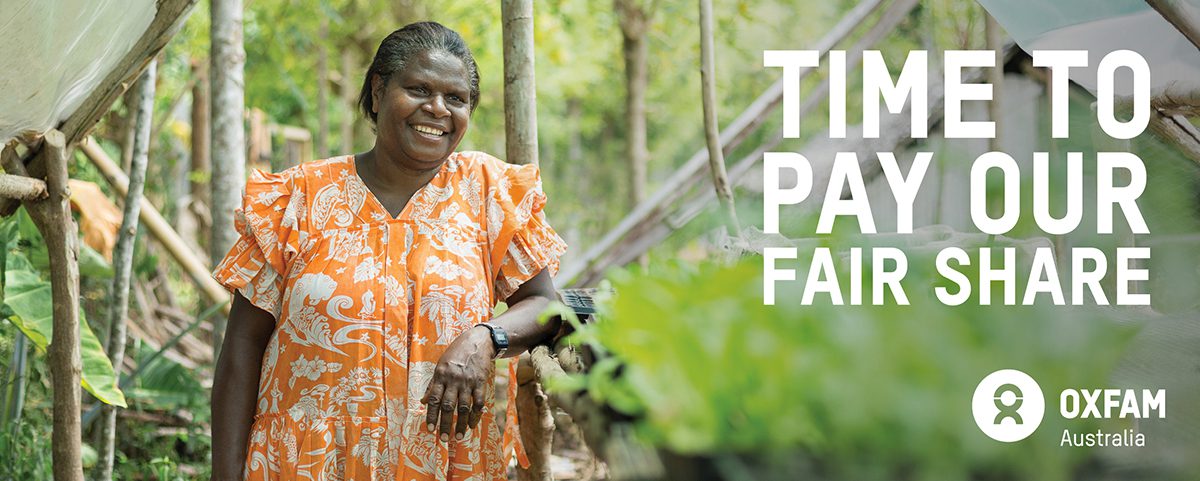Our friends at the Robin Hood Tax campaign have posted an interesting talk from Professor Joseph Stiglitz on how and why the financial transaction tax would work.
Professor Stiglitz is an American economist and a professor at Columbia University. He is a recipient of the Nobel Memorial Prize in Economic Sciences (2001) and the former Senior Vice President and Chief Economist of the World Bank. Stiglitz is one of the most frequently cited economists in the world.
Stiglitz spoke of how the financial sector has grown over-bloated, that to the detriment of us all it has confused ends with means. That both implicitly and explicitly the taxpayer has bailed the sector out repeatedly and we have now found ourselves in a situation where the sector has been allowed to socialise lost and privatise gain.
The discussion continued onto the different types of bank taxes and why he favours a financial transaction tax. Stiglitz argues pursuing this method of taxation at such a small rate has the potential to raise the most money in a sustainable way through the sheer volume of money traded. It is a principle of economics that small taxes can be easily absorbed, and at such a small rate the incentive to try and avoid the tax is greatly reduced. Such a tax would also improve efficeny and reduce distortion.
“A lot of short-term flows are destabilizing, we see this time and again,” Prof. Stiglitz said. “A well designed financial transactions tax can discourage this kind of activity.” Investors still will chase fast-growing economies. A tax on transactions would favour longer-term investment, however, because hot money would be forced to pay on the way and the way out”.
Stiglitz’s message was clear: the financial sector needs regulated and taxed or another crash is inevitable. With France, a country supportive of FTTs taking presidency of the EU in November the fight continues.



